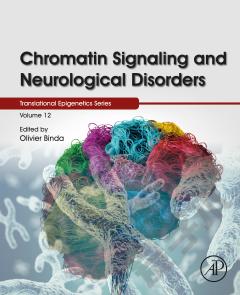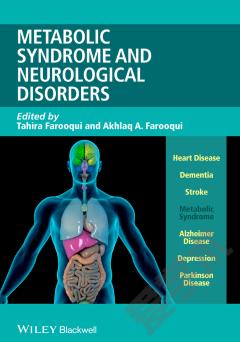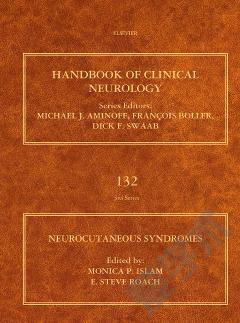Chromatin Signaling and Neurological Disorders
Chromatin Signaling and Neurological Disorders, Volume Seven, explores our current understanding of how chromatin signaling regulates access to genetic information, and how their aberrant regulation can contribute to neurological disorders. Researchers, students and clinicians will not only gain a strong grounding on the relationship between chromatin signaling and neurological disorders, but they'll also discover approaches to better interpret and employ new diagnostic studies and epigenetic-based therapies. A diverse range of chapters from international experts speaks to the basis of chromatin and epigenetic signaling pathways and specific chromatin signaling factors that regulate a range of diseases. In addition to the basic science of chromatin signaling factors, each disease-specific chapter speaks to the translational or clinical significance of recent findings, along with important implications for the development of epigenetics-based therapeutics. Common themes of translational significance are also identified across disease types, as well as the future potential of chromatin signaling research.Examines specific chromatin signaling factors that regulate spinal muscular atrophy, ulbospinal muscular atrophy, amyotrophic lateral sclerosis, Parkinson's disease, Huntington's disease, multiple sclerosis, Angelman syndrome, Rader-Willi syndrome, and moreContains chapter contributions from international experts who speak to the clinical significance of recent findings and the implications for the development of epigenetics-based therapeuticsProvides researchers, students and clinicians with approaches to better interpret and employ new diagnostic studies for treating neurological disorders
{{comment.content}}








 京公网安备 11010802027623号
京公网安备 11010802027623号